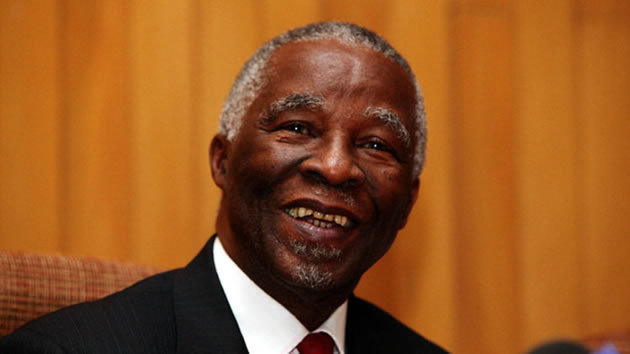Zim’s saving rates low

Business Reporter
ZIMBABWE has one of the worst savings rates in the region and has been relying largely on foreign investments for economic growth, RBZ director for economic research Mr Simon Nyarota has said. While research has shown that high savings are a major driver of economic growth in the developing nations, Zimbabwe’s savings ratio has been negative since 2011.Ideally, developing countries must always strive to achieve savings which are above 20 percent of its gross domestic product in order to stimulate investments and economic growth.
But Zimbabwe’s savings ratio to the GDP has been negative at -3,5 percent in 2011, -2 percent in 2012, -4,7 percent in 2013, -4,2 percent in 2014 and -1,5 percent last year. This means the economic agents are spending beyond the gross national income.
In the SADC region, the average savings ratio to GDP is 10 percent. South Africa, Malawi, Mozambique ratios are at 15 percent while Tanzania, Zambia, Botswana are at 20 percent.
“The country has been de-saving and relying on foreign investment which are offshore loans and remittances from the diaspora,” said Mr Nyarota.
“As a country, we are saving too little.”
Mr Nyarota said the country’s savings was mainly due to low incomes which were leaving many people with little to save. He said high levels of formal unemployment and retrenchments caused by company closures have affected long term savings.
“The term of pension funds provides long term savings but because of the retrenchments and company closures, the growth of pension funds have been limited,” he said.
He also noted that the tenure of savings were too short and can’t meet credit demand for productive sectors such as agriculture, mining and manufacturing industries.
Mr Nyarota said short term deposits account for 70 percent of total deposits and most of them are transitory in nature, a reflection of a largely cash economy. Such deposits were not supportive of economic recovery.
For instance, he said agriculture, the backbone of the economy requires 12 months loan tenures while manufacturing and mining requires over three year facilities for rehabilitation of dilapidated equipment
Economic analysts said Zimbabwe’s situation was dire because of multiple factors which inter alia include shrinking of the formal sector, which was more defined during the decade long economic decline, high bank charges and multiplicity of requirements from the banks, problems with some policy measures and low confidence.
While the informal sector has significantly grown during the past few years, punitive bank charges have resulted in financial exclusion of the informal businesses. According to the estimates, billions of dollars are circulating outside the formal banking system.
“We must work very hard to resuscitate industries which have capacity to create savings. There is no economy which can run on informal sector. This requires us to work together in putting up good policies which addresses the needs of foreign direct investments.
“Immediate measures will require us to stamp out malpractices and corruption in our institutions which manages pension funds.
“We are also losing the potential savings from these institutions through poor investment choices,” economist Dr Gift Mugano said.










Comments